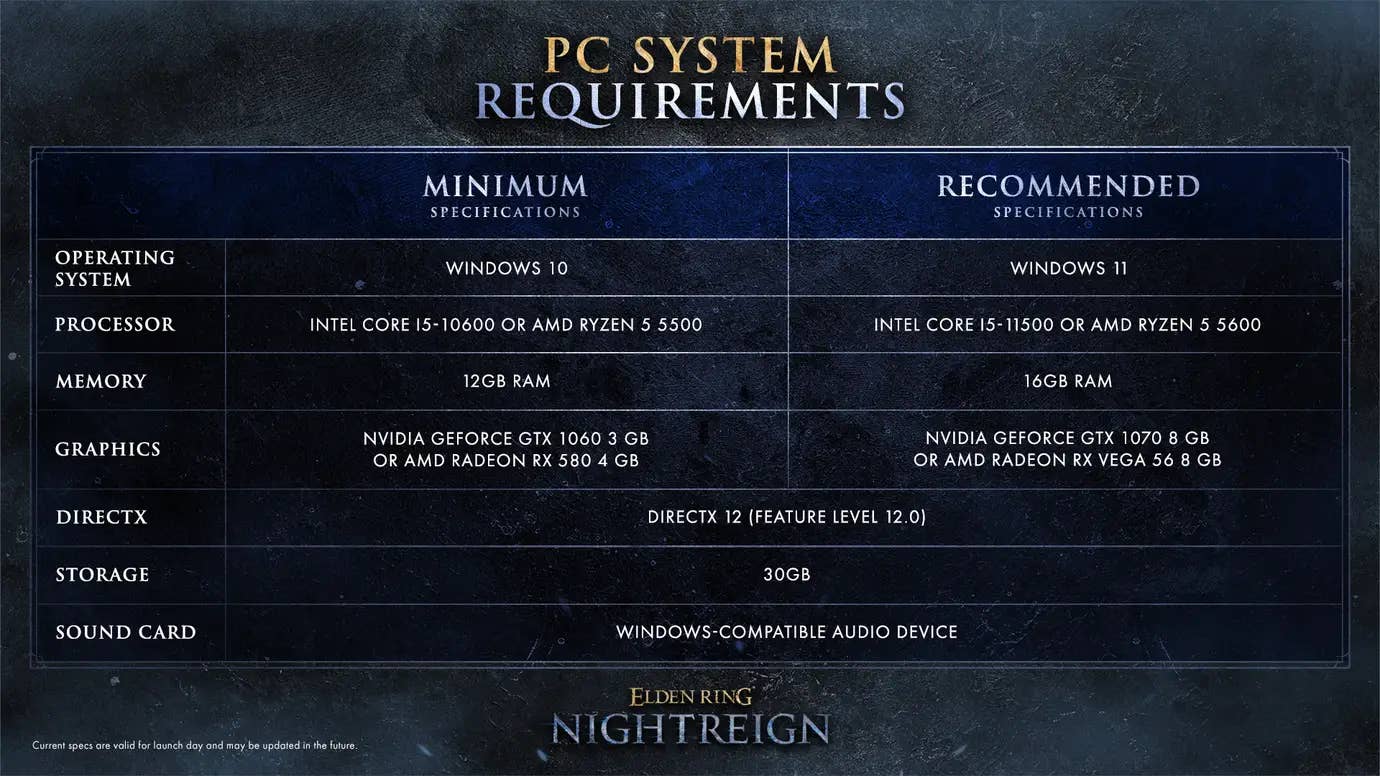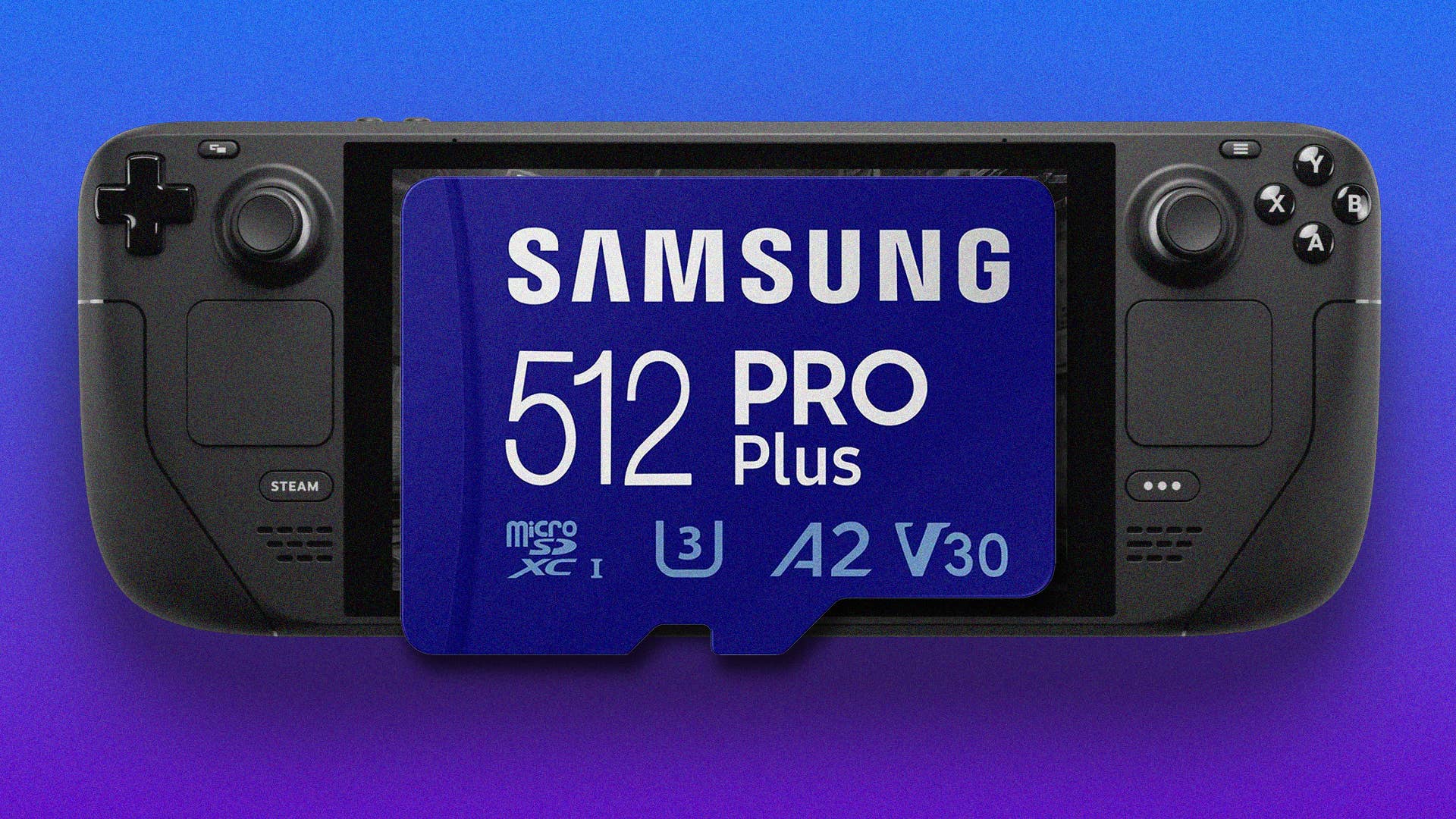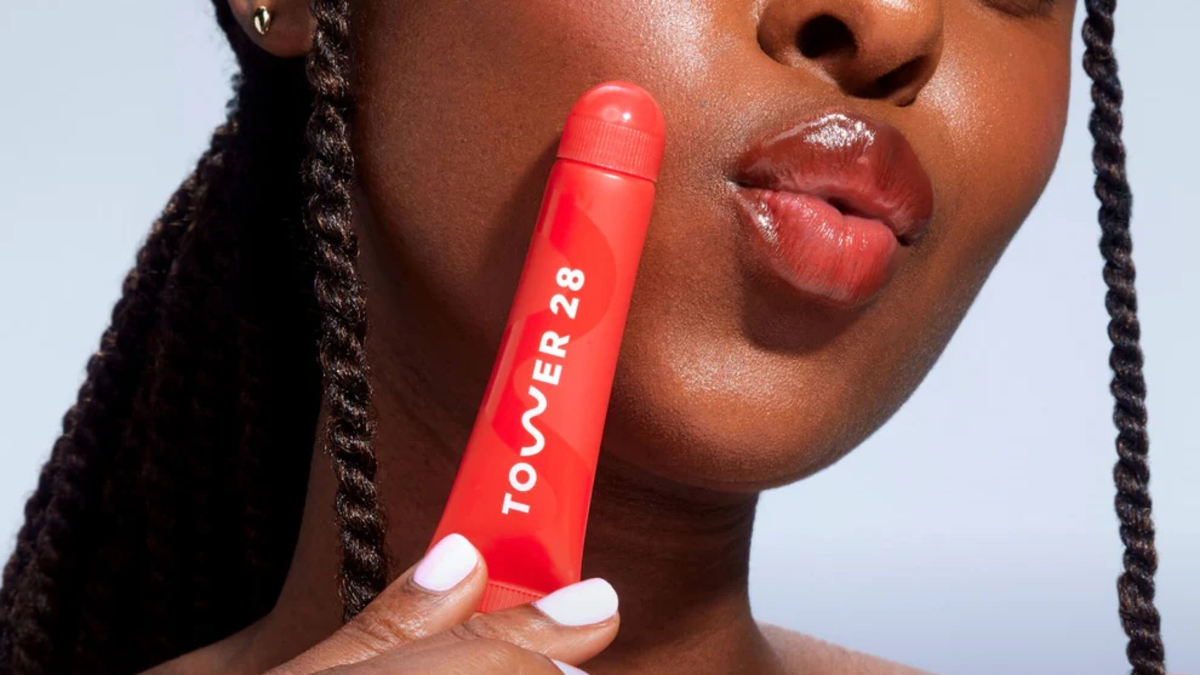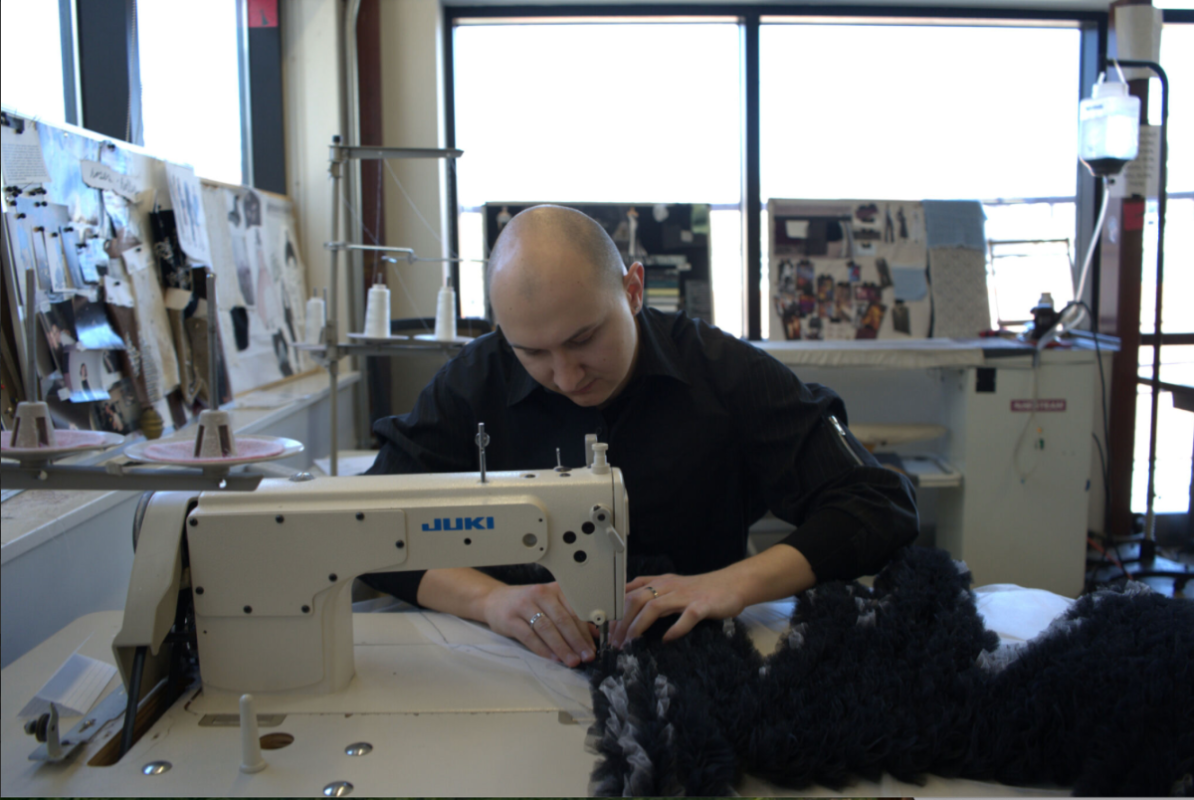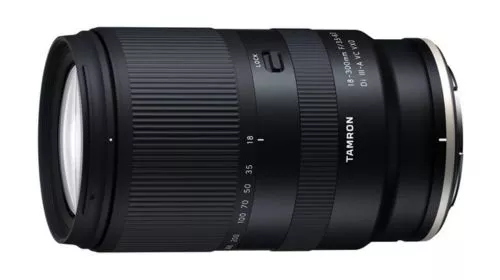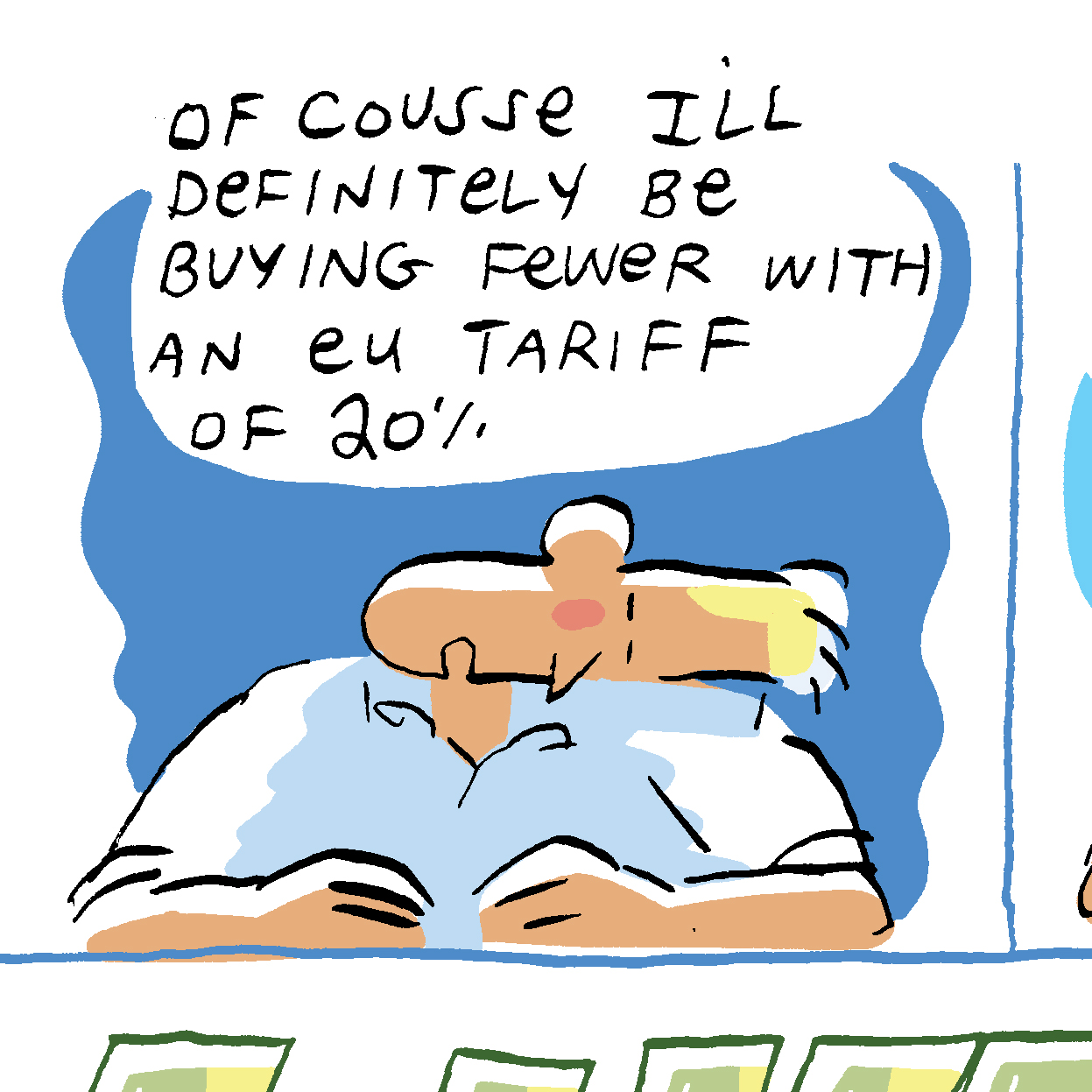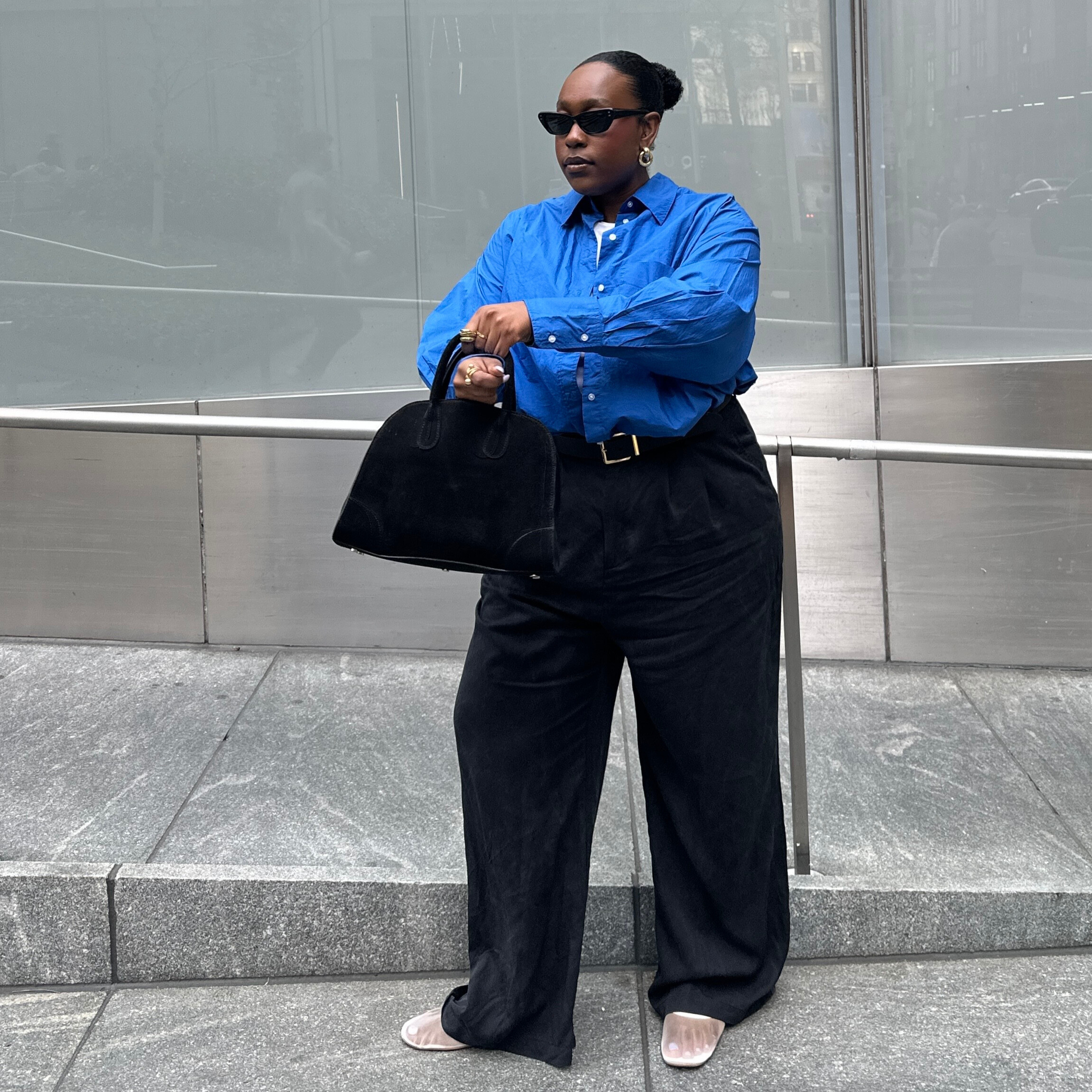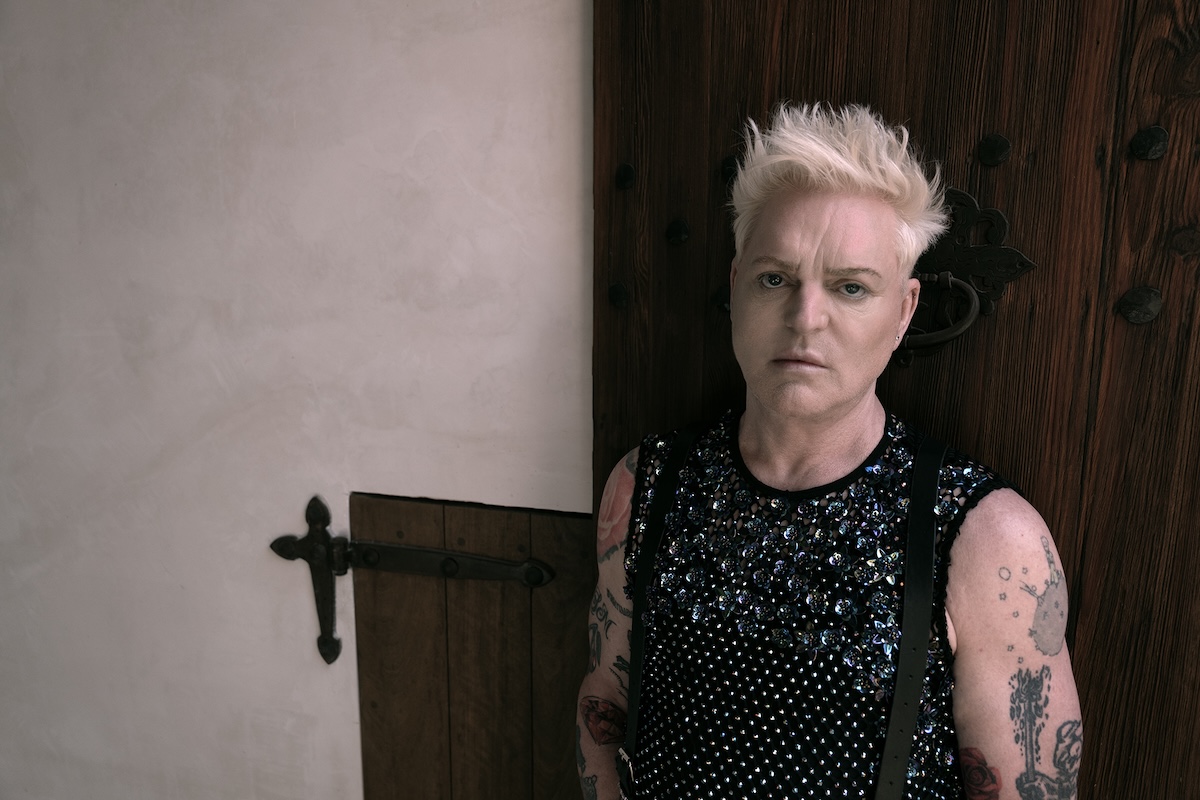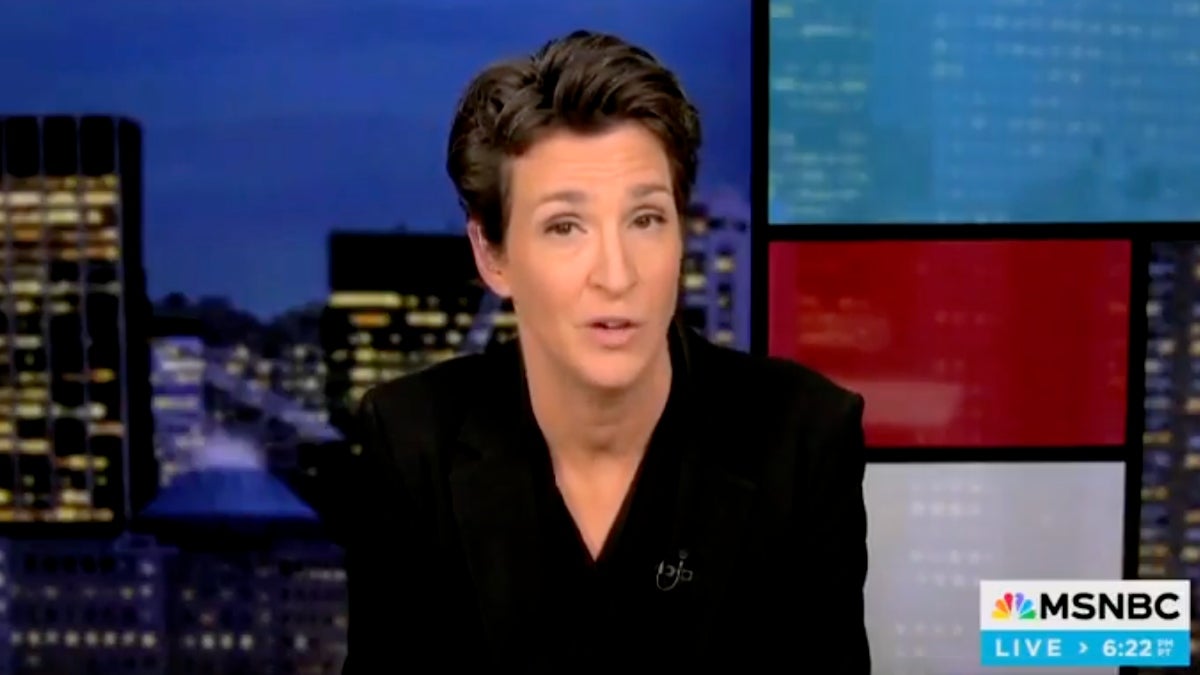For Media CEOs in the News Business, Trump Turns M&A Dreams Into a Quid Pro Quo
Pressure on Paramount over “60 Minutes” could preview deal-making challenges for other studios like WBD and Comcast The post For Media CEOs in the News Business, Trump Turns M&A Dreams Into a Quid Pro Quo appeared first on TheWrap.

Days after President Donald Trump’s victory in the 2024 presidential election, Warner Bros. Discovery CEO David Zaslav expressed enthusiasm about a new administration potentially creating greater “opportunity for consolidation” that would “provide a real positive and accelerated impact on this industry that’s needed.”
Zaslav did add that it’s “too early to tell” whether those hopes would materialize, but he missed a more significant disclaimer: that merger-and-acquisition dreams can quickly become nightmares if your news organization angers the president.
WBD, as the owner of CNN, would be one of the companies to face that risk, along with Paramount Global, owner of CBS News; Comcast, parent of NBC News and MSNBC; Disney, which owns ABC News; and, perhaps surprisingly, even Fox. Because while Rupert Murdoch’s Fox News dutifully toes the Trump line, his newspapers, the Wall Street Journal and New York Post, have recently criticized his tariffs agenda.
Whatever name one chooses to use — concessions, capitulation or most bluntly, extortion — Trump and his Federal Communications Commission chairman, Brendan Carr, have exhibited a willingness to lash out at news outlets and attach strings to regulatory approval in ways that appear politically motivated, and at least in some instances, punitive.
WBD hasn’t sought to swing any major deals during Trump’s first 100 days in office, having announced a restructuring that paves the way for a possible spinoff of its linear TV assets in December. The maneuver somewhat mirrored Comcast’s creation of SpinCo, a separate entity that encompasses most of its cable holdings, including MSNBC.
Still, recent developments surrounding WBD’s competitors in the news business and Trump’s longstanding animosity toward CNN as well as MSNBC, could offer a sobering preview of things to come.
As evidence, look no further than Paramount’s pending deal with Skydance Media, whose consummation has been clouded by Trump’s $20 billion lawsuit against “60 Minutes” and demands that Carr take action against CBS for more recent segments of the program.
Trump’s social media feed reveals the sense of grievance that underpins his decision-making, seemingly retrofitting companies’ perceived transgressions to find grounds, or cover, to pursue steps that might bring them to heel.
While Trump is hardly the first president to fume about unflattering press coverage, his disregard for the First Amendment has elevated the pressure on media companies to virtually unprecedented extremes.

MSNBC and CNN have been frequent targets of such all-caps tirades, and Trump expressed his belief during a speech at the Justice Department in March that negative reporting about him by those networks is “totally illegal” and “corrupt.”
Despite resistance within CBS News to settling what most see as a frivolous lawsuit, Disney, in an early concession, shelled out $15 million to put Trump’s defamation lawsuit against ABC News in the rear-view mirror. While that sounds like a lot of money, it’s a relative pittance juxtaposed with the threat of derailing the $8 billion Paramount-Skydance merger, or the price tag associated with any spinoff-related deals involving Comcast and WBD.
Simply put, Trump’s relationship with corporate owners that operate major news outlets has consistently followed a transactional script. And notably, Carr has appeared willing to use the FCC as a means to advance those objectives, often under the apparent pretense of remedying other concerns.
The FCC has behaved in overtly political fashion on another front, seeking to overturn diversity, equity and inclusion — and making the elimination of DEI programs a condition of approval for mergers and acquisitions, recognizing what TheWrap’s Sharon Waxman referred to as an especially “exquisite point of vulnerability.”
More broadly, the early days of the new administration haven’t yielded the anticipated burst in M&A activity, which could be attributable in part to the economic uncertainty and market volatility that Trump’s tariff policies have unleashed.
Granted, media moguls aren’t the only industry leaders to see their hopes for a Trump presidency — from a pro-business and regulatory standpoint — thrown out the window amid the sheer chaos that has characterized his return to the White House. But not all of the other sectors are undergoing a “generational disruption,” as Zaslav described it on the aforementioned earnings call in November, exacerbating the need for new models, structures and alliances.
Whatever the combination of factors responsible, for WBD’s Zaslav and others who hoped to be unfettered by a business-friendly Republican president, those benefits have yet to emerge.
Indeed, even Murdoch might not be completely safe despite Fox News’ cheerleading for Trump, since the mogul’s Journal and Post have been quite critical of the president’s economic policies, with the former at one point calling the tariff push, “The Dumbest Trade War in History.”
The Journal’s barrage of anti-tariff editorials, and a recent unflattering Fox News poll, prompted Trump to launch a Truth Social screed against the paper that name-checked Murdoch — additional proof, if any was needed, that when it comes to loyalty in Trump’s eyes, no amount of fealty is enough.
The journalists operating under the umbrella of studios, meanwhile, face a more basic set of concerns, fueling apprehensions about the hoops through which they might be forced to jump to satisfy Trump, the impact that will have on their already dwindling jobs and the lengths to which their corporate bosses will go to make that happen — precisely the scenario playing out practically in plain view regarding CBS News and “60 Minutes.”
Those CEOs might eventually get what they want in negotiating deals. The main question is whether they’ll be forced throw their news operations under the bus in order to achieve those aims.
For a company like WBD, after all, CNN is just one of many assets to consider. Perhaps appropriately in this context, another one of the studio’s crown jewels, HBO, gave the world “Game of Thrones,” the TV show that popularized the phrase most frequently heard in this context: Bending the knee.
Only here, in terms of the tradeoffs executives face when asked to bow to Trump, no matter what they do, it’s easy to get burned.
The post For Media CEOs in the News Business, Trump Turns M&A Dreams Into a Quid Pro Quo appeared first on TheWrap.






![The History of the Universal Monsters: How ‘The Invisible Man’ Nearly Vanished Into Hollywood Limbo [Halloweenies Podcast]](https://bloody-disgusting.com/wp-content/uploads/2025/04/the-invisible-man-halloweenies.jpeg)













































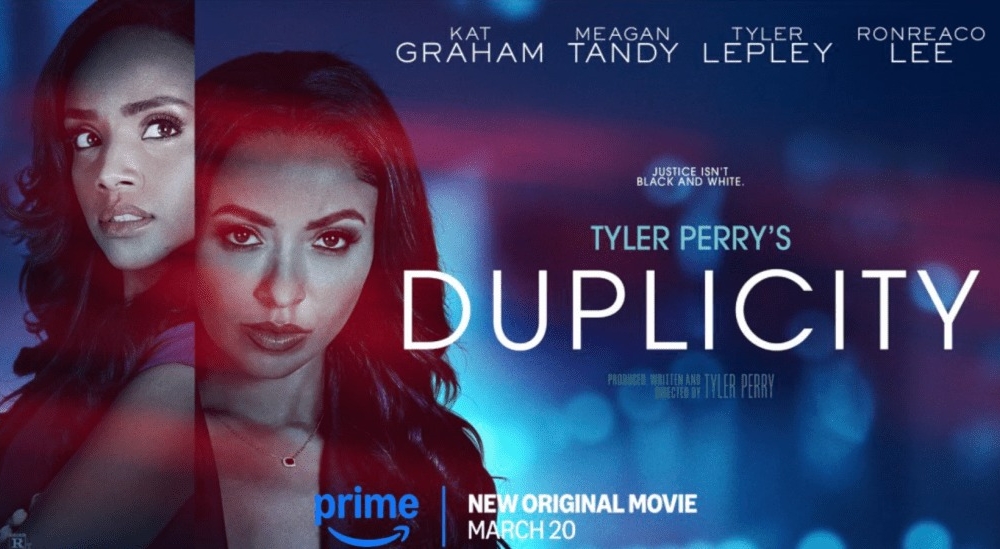













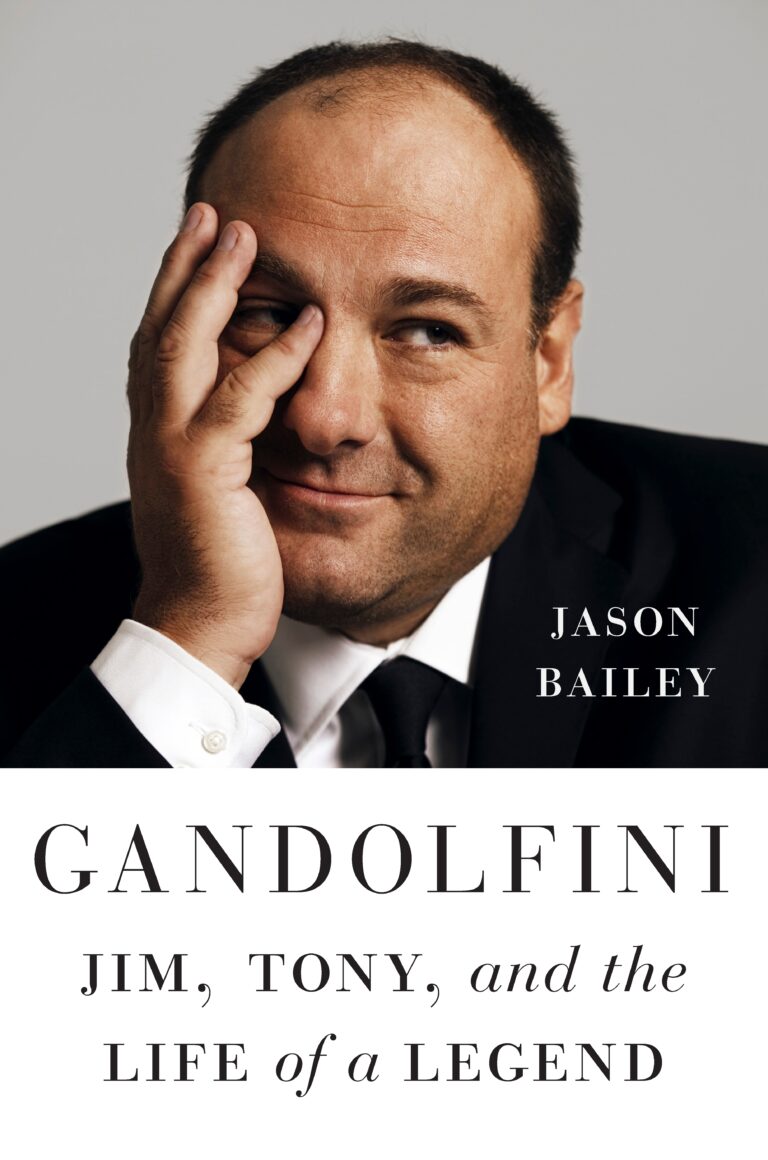













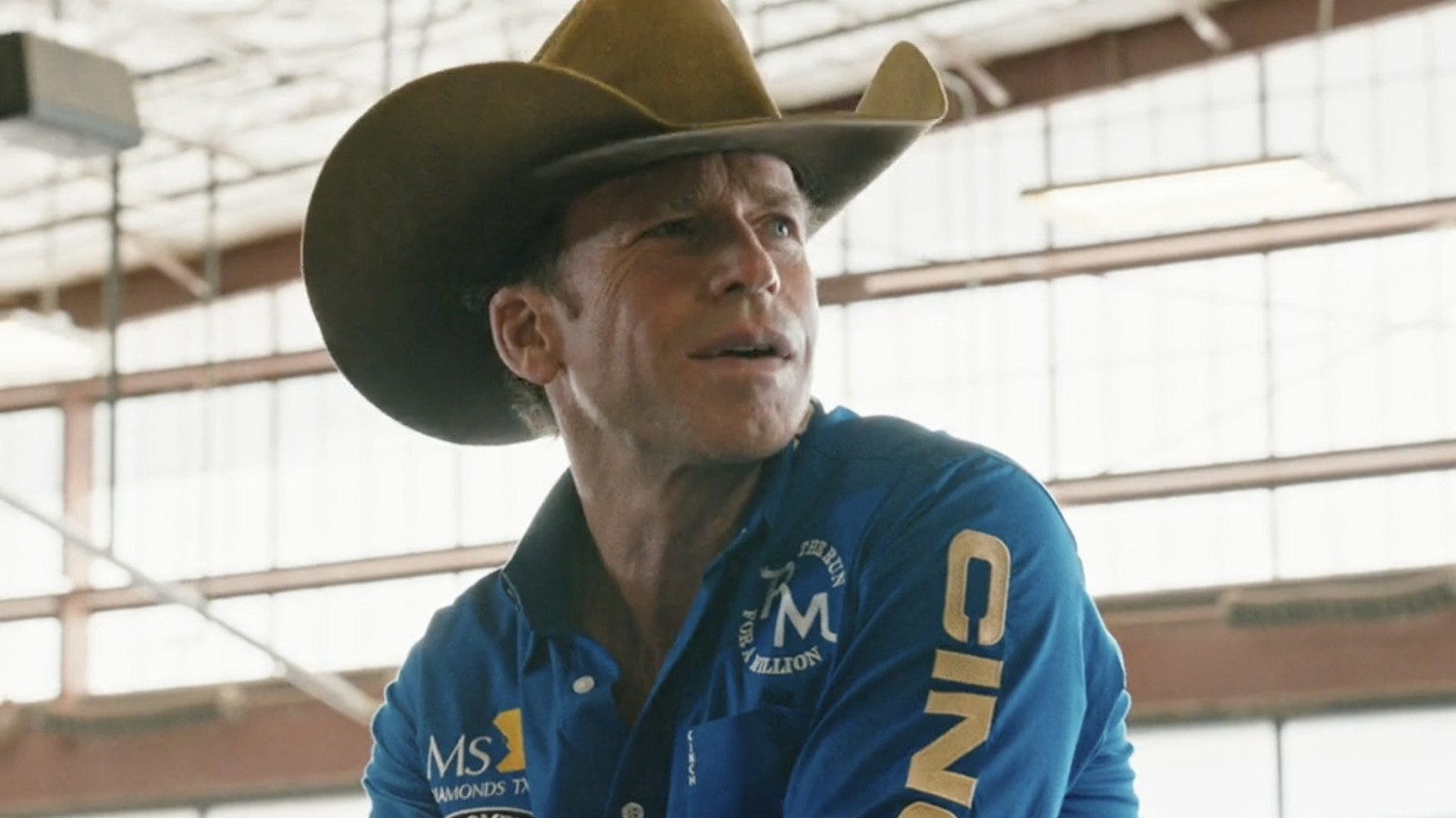
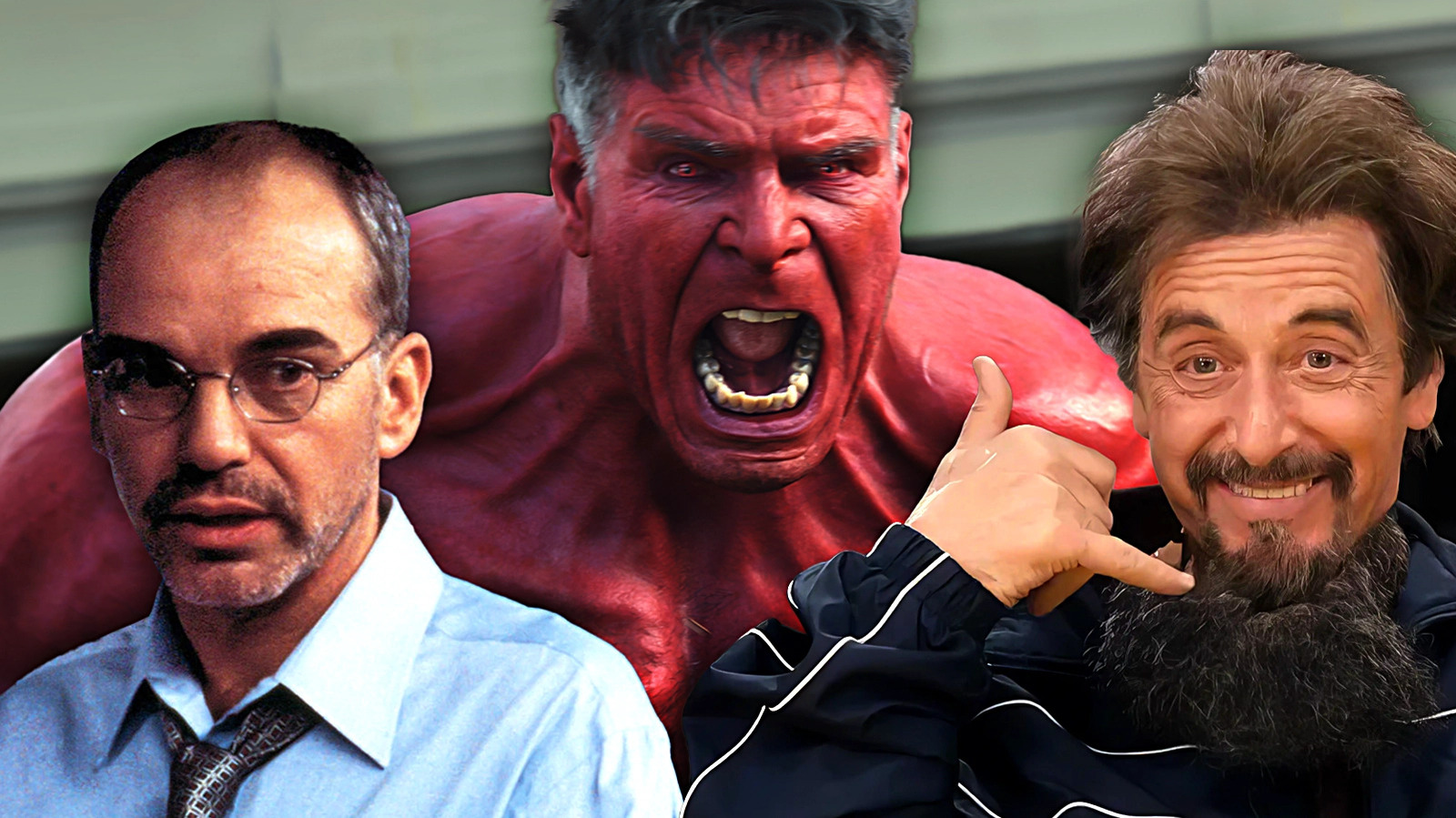












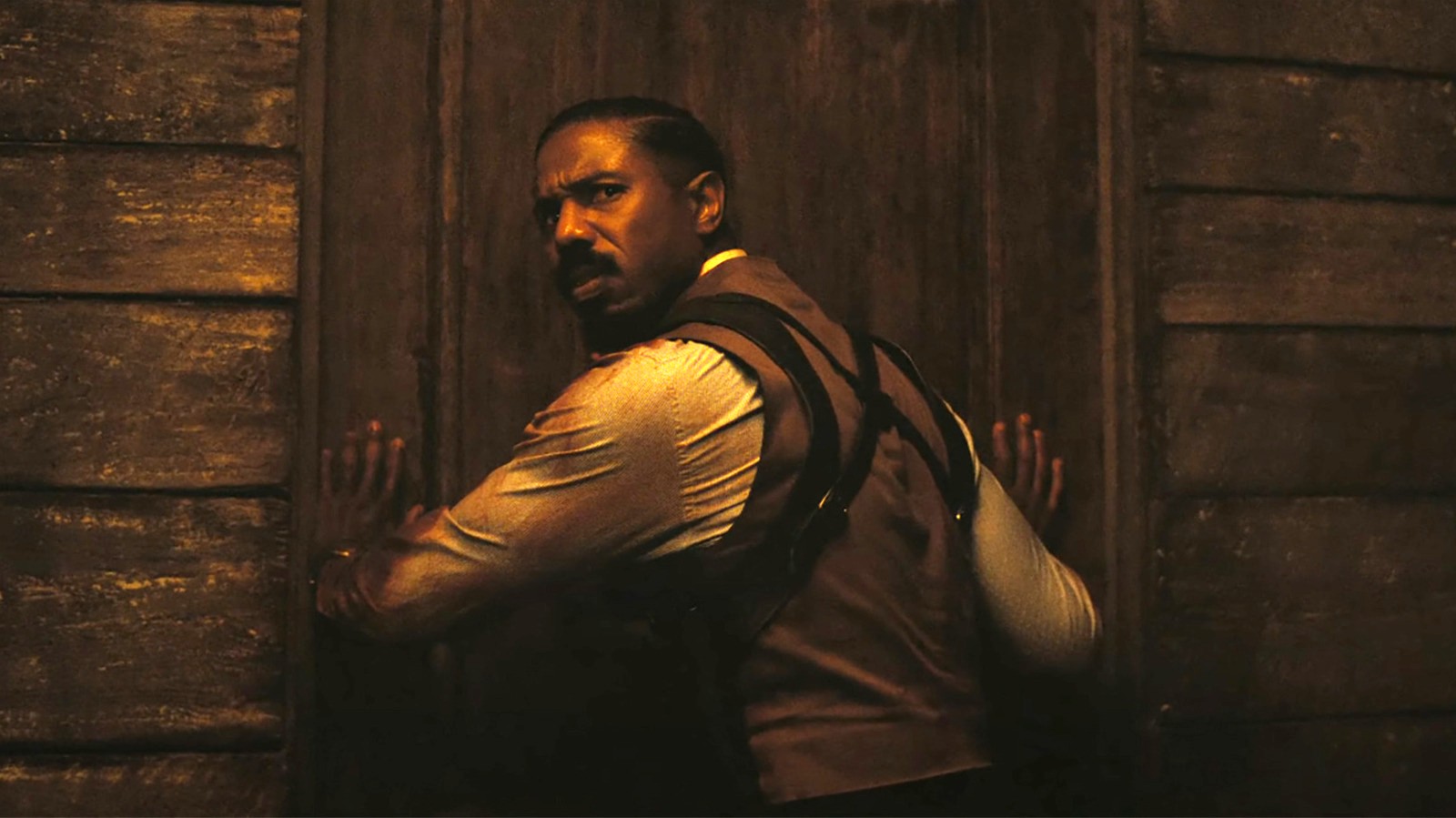









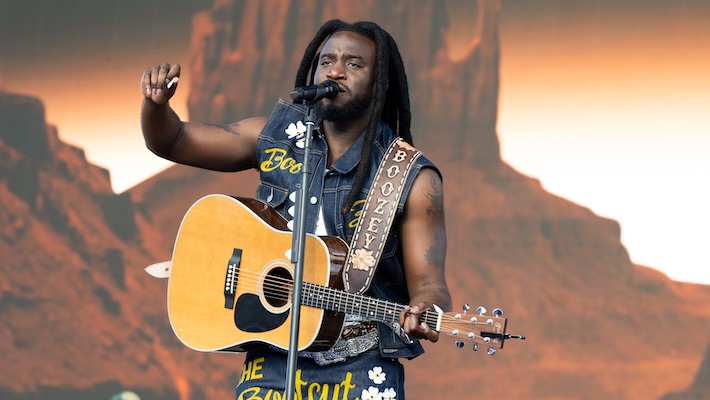



























![[Dead] Japan Airlines First Class wide open through JetBlue TrueBlue (though it’s expensive)](https://frequentmiler.com/wp-content/uploads/2024/11/JAL-first-seat.jpg?#)






















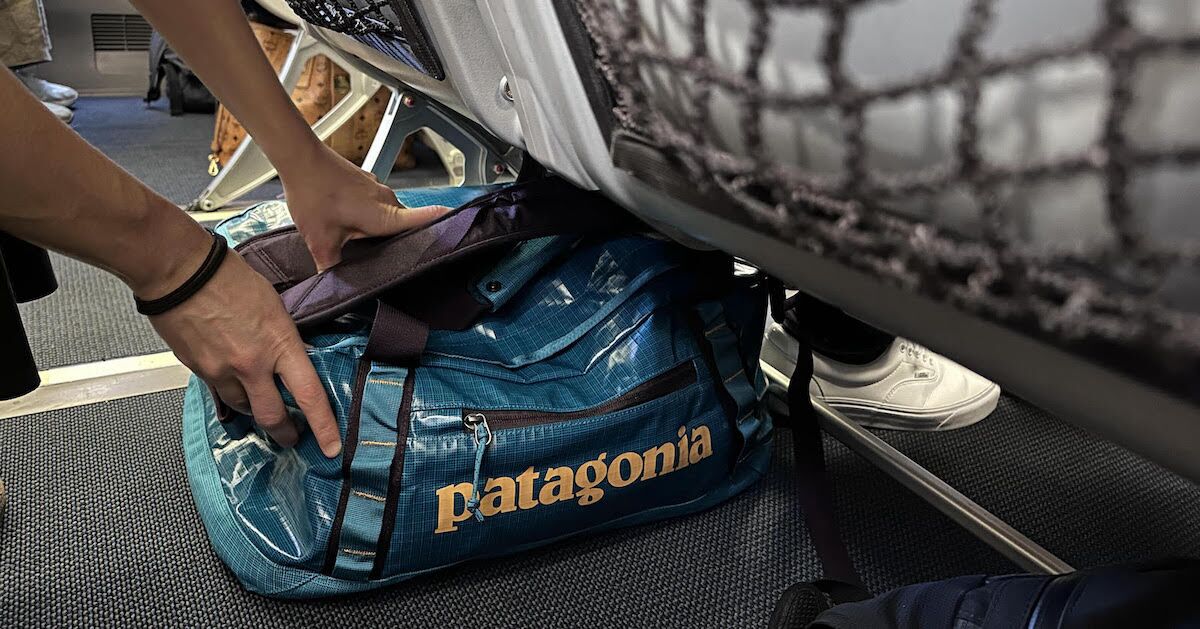








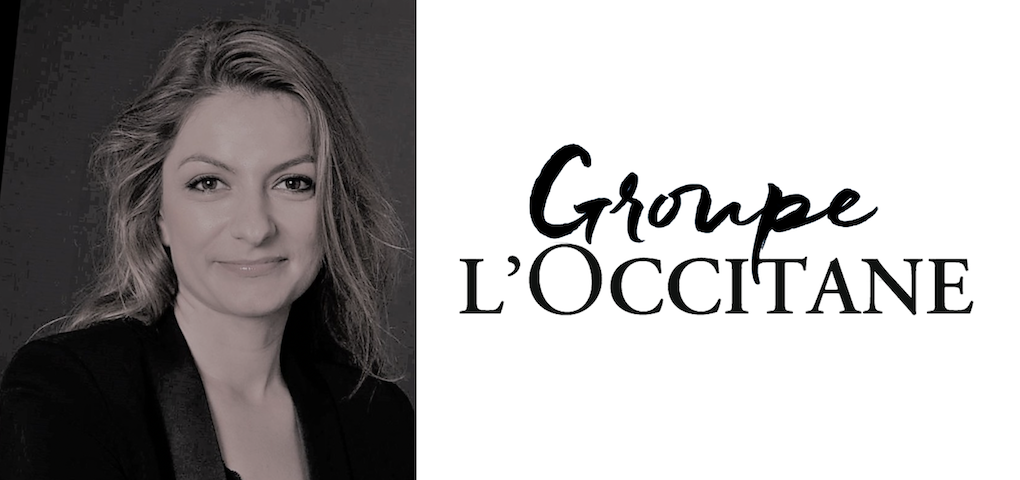











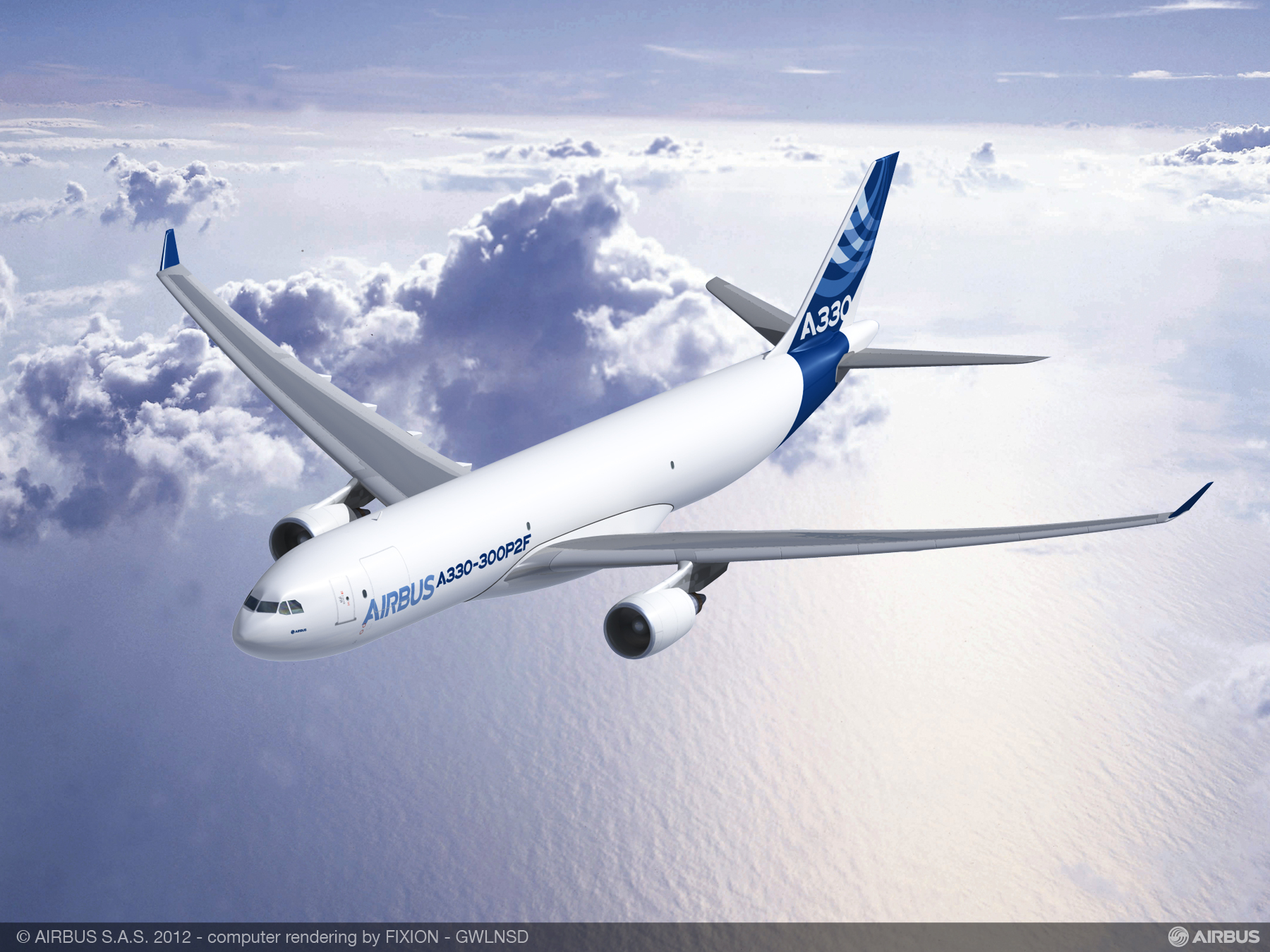
























![Marriott Is Now Advertising Hotels In North Korea [Roundup]](https://viewfromthewing.com/wp-content/uploads/2025/04/ChatGPT-Image-Apr-27-2025-04_25_59-AM.jpg?#)






































































